Music offers solace during a brutal war—a Palestinian playlist.
Brianna Halasa
Videos circulating of doctors and journalists in Gaza defiantly singing in a circle, “We will stay here until the pain goes away,” underscores the power of music as it relates to connection through community and solidarity. Even from afar, music retains the same sentiment. Below are a collection of artists and albums about Palestine to tune into during these harrowing times. Listen to mourn. Listen to heal.
47SOUL
Tareq Abu Kwaik, Ramzy Suleiman, Walaa Sbait and Hamza Arnaout formed the Palestinian music collective 47SOUL in 2013. They pull from hip-hop, R&B, and electronica, all while combining it with the traditional sounds of Dabke, and other Shaa’bi roots music from the Levant. Their thought-provoking lyrics, which interchange between Arabic and English, encourage listeners to explore the political and philosophical as it relates to our interconnectedness as humans. Popular songs are “Dabke System,” “Mo Light,” “Gamar,” “Intro to Shamstep,” and “Run.”
Akram Abdulfattah
This Palestinian-American violinist, music composer, and producer brings immense artistic talent, as well as a strong message of unity. Abdulfattah’s sound is influenced by the masters of Arabic classical music as well as a fusion from Hindu, Turkish, and Persian styles. Top songs include “Rivers from the East,” “Monajat,” “Kamandja,” and “Ardi.”
Lowkey
Born from an Iraqi mother and English father, Kareem Dennis, better known by his stage name Lowkey, brings back the tradition of conscious hip-hop activism, with his lyrics often intertwining topics of racism, sexism, imperialism, corruption, corporate greed, and general abuse of power. His captivating new song, “Palestine Will Never Die,” in collaboration with Syrian-born singer and songwriter Mai Khalil follows suit. The music video oscillates between scenes of the desolation of Gaza and its people and the public’s overwhelming support for the Palestinians, as Lowkey speaks truth to power in between Khalil’s haunting melody. Lowkey’s other song, “Long Live Palestine” is also worth a listen.
Mohammed Assaf
Growing up in the Khan Younis refugee camp, Assaf did not have professional training as a singer, yet his voice gained recognition. He travelled from the Gaza Strip to Egypt to audition for Arab Idol but was held at the border for two days. When he reached the hotel where the auditions were taking place, the doors were already closed, so Assaf jumped over the wall.
However, all spots were taken and Assaf could not get an audition number. He initially sat defeated in the hall while other contestants were awaiting their turn, but then he decided to serenade those around him. Another Palestinian contestant recognized his talent and handed him his own audition number, leading to his eventual rise to fame as the winner of Arab Idol. Listen to his own song that won him the competition, “Alyi El Kofiya” or “Raise the Kaffiyeh” and other popular songs such as “Falasteen Enty El Rouh,” “Jinalek Ya Falsteen,” and “Ana Dami Falastini.”
Saint Levant
Marwan Abdelhamid, the 23-year-old trilingual singer who records under Saint Levant, an homage to the pre-colonial name of his home region, was born in Jerusalem during the second Intifada. Yet due to complications, he later spent his childhood in the Gaza Strip. In 2007, his family was forced to flee to a refugee camp in Jordan due to an outbreak of violence in the Strip. His debut solo release, “From Gaza, With Love” serves as an ode to his childhood with a catchy Middle Eastern flair. His music sits in the sensual and hops across genres from early 2000’s R&B, sleazy rock, to hopped up U.K. garage and alternates between English, French, and Arabic.
Abdelhamid’s music transformed after he decided to take a step towards the vulnerable and stop using any vocal effects. His unadulterated voice, both husky and silky, was met with unrelenting praise. However, his “loverboy” era is a means to an end. Saint Levant does not shy away from the political, and he plans to continue making political music. Vocal about his own therapy journey, he plans to capitalize on his success for the benefit of others by opening therapy clinics in the Arab world. He also aims to invest in Al Wehdat, the soccer team he used to play for in Jordan.
A Time to Cry – A Lament Over Jerusalem
In 1956, displaced Palestinians were offered houses in the neighborhood of Sheikh Jarrah with the promise that after three years of residency, titles would be transferred to their name. This remained yet another unmet promise to Palestinians, who were again confronted with Israeli settlers who sought to wrestle this neighborhood away from its longtime Palestinian inhabitants. In some cases, settlers were allowed to move into one wing of a house with Palestinian occupants reduced to the other, often at the expense of harassment by their new neighbors.
This album was recorded from one wing of a divided East Jerusalem house, which includes songs by four gifted Palestinian artists, Rim Banna, Nai Barghouti, Wissam Murad, and Jawaher Shofani. The tone remains somber, with a subtle sense of self-possession infused throughout the composition. The album bears such aural beauty while giving voice to the ugliness of oppression. Recorded over a decade ago, their words ring true as the struggle for justice continues.
Bellydancing on Wounds
The album encompasses spoken word by the award-winning poet, Mohammed El-Kurd, and oud musician, Clarissa Bitar. El-Kurd’s recitations exude such deep imagery that sweep you momentarily into his depictions, painting a profound picture of the chilling experience of one living in occupied Palestine. His words flow rhythmically to Bitar’s music, which makes you want to sway to the beat while also shed tears of immense grief for the dehumanization of a magnificent people.
Majâz
Three brothers from Palestine, Samir, Wissam, and Adnan Joubran come from a long legacy of oud makers and players. By coming together to form Le Trio Joubran in 2004, the brothers have strengthened their family ties to this instrument and created rich cultural music, well heard in their album.
We Teach Life
Rafeef Ziadeh is a Palestinian spoken word artist and human rights activist. Her second album, We Teach Life, is a selection of spoken word poems accompanied by original music compositions. Constructed over several years, three wars, and two sieges, the album released in 2015. Her words sear into our conscience, “But today, my body was a TV’d massacre made to fit into soundbites and word limits,” pulling us to see the humanity of Palestinians by pleading, “… Just give us a story, a human story.”



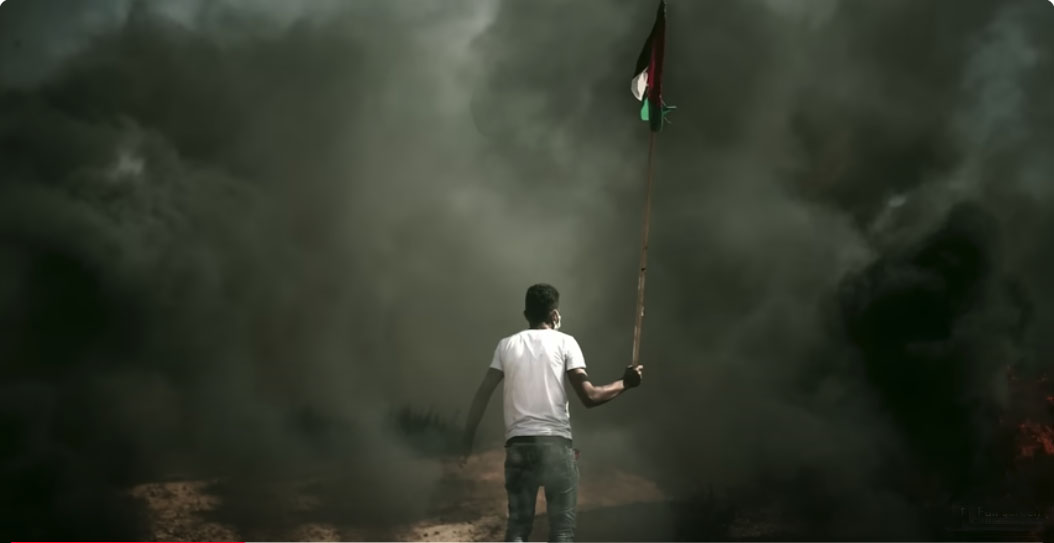
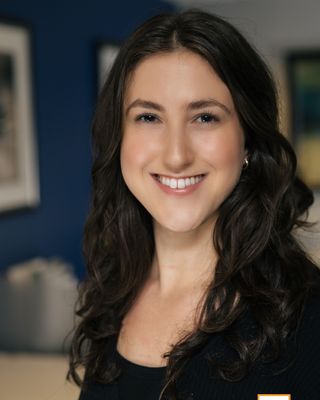
















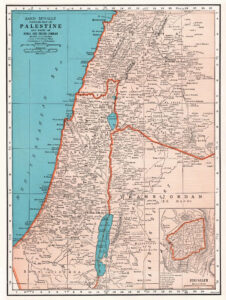















































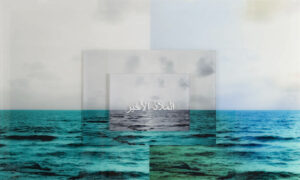
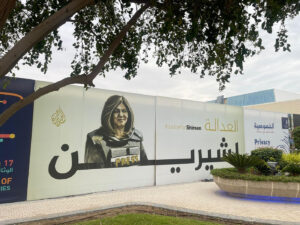






![Fady Joudah’s <em>[…]</em> Dares Us to Listen to Palestinian Words—and Silences](https://themarkaz.org/wp-content/uploads/2024/03/SAMAH-SHIHADI-DAIR-AL-QASSI-charcoal-on-paper-100x60-cm-2023-courtesy-Tabari-Artspace-300x180.jpg)














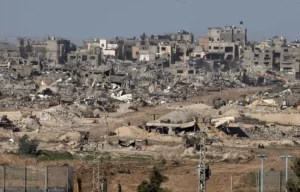
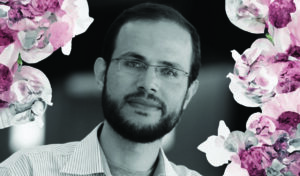























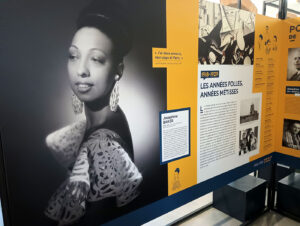


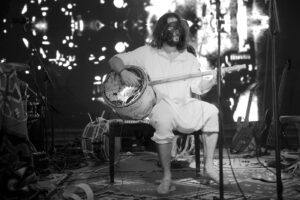













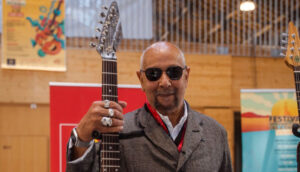















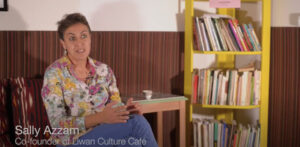









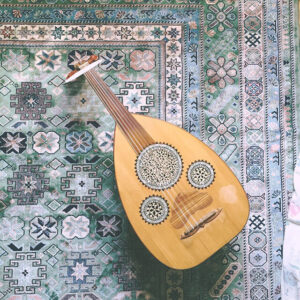
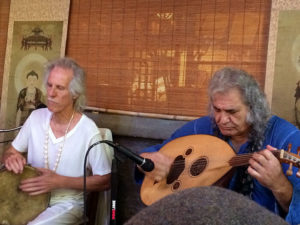







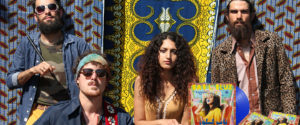
Outstanding beautiful 🤩 very proud a humanist article.